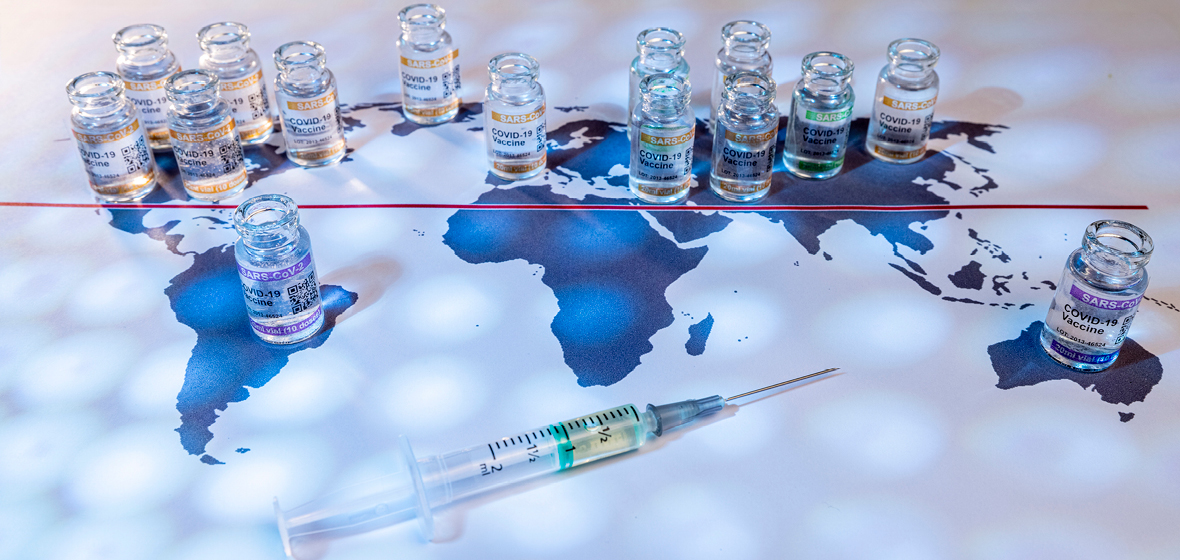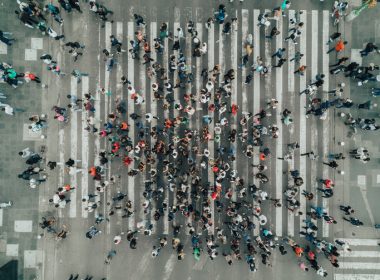Snapshot
- The COVID-19 pandemic represents another iteration of the controversy over intellectual property rights, public health and human rights.
- The lucrative monopoly offered by patents, particularly that over the COVID-19 vaccines, has given rise to a problem of vaccine nationalism or vaccine equity.
- Proposals by India and South Africa to suspend patent rights during the pandemic have been met with a mixed response from developed nations, in spite of the economic and health risks posed by having unvaccinated, and heavily impacted nations on their doorstep.
- One way out would be to amend the TRIPS Agreement so that it more clearly sets out the interaction between intellectual property rights and public health and human rights regimes.
Historically, the Agreement on the Trade Related Aspects of Intellectual Property (‘TRIPS Agreement’), located within the World Trade Organisation (‘WTO’) system, has not effectively served the interests of human rights and development.
There have been significant issues raised by patent protection requirements and the dislocating effect of patent regimes on agriculture in the third world. Likewise, the HIV-Aids crisis has been exacerbated within poorer countries due to patent protection of vital medicines. The existence of a compulsory licensing scheme has not necessarily ameliorated concerns due to difficulties in making that system work in a timely and efficient manner.
The COVID-19 pandemic represents another iteration of the controversy over intellectual property rights, public health and human rights. The Tobacco Plain Packaging disputes have allowed a glimmer of hope in that the decisions there by the WTO Panel and the Appellate Body suggested a reading of the TRIPS Agreement that elevated the purposive articles of the treaty. This might suggest that human rights, health and development concerns could legitimately restrain the exercise of intellectual property rights. Whether this is true in the context of COVID-19 vaccines remains to be seen.
An emerging controversy
At present, there is an emerging controversy as to the enforcement of patents on COVID-19 vaccines. In particular, India and South Africa have floated a proposal that patent rights should be suspended for the duration of the pandemic. This proposal has received a very mixed reception within the World Intellectual Property Organization (‘WIPO’). Some member states – all of them developing countries – have supported the proposal, however, there has been strong opposition from developed states. At this stage it looks highly likely that the proposal will be rejected.
The TRIPS Agreement has 164 member states and, as the treaty is frequently included in the IP chapters of free trade agreements across the globe, the patents protection clauses of TRIPS are binding on almost all states. The patent rights offered by TRIPS and domestic legislation provide for a limited monopoly in exchange for information on how to replicate the invention.
The monopoly offered by patents, particularly that over the COVID-19 vaccines, will be highly lucrative. As it stands, there have already been significant difficulties in meeting the demand for the Astra-Zeneca and Pfizer vaccines.




